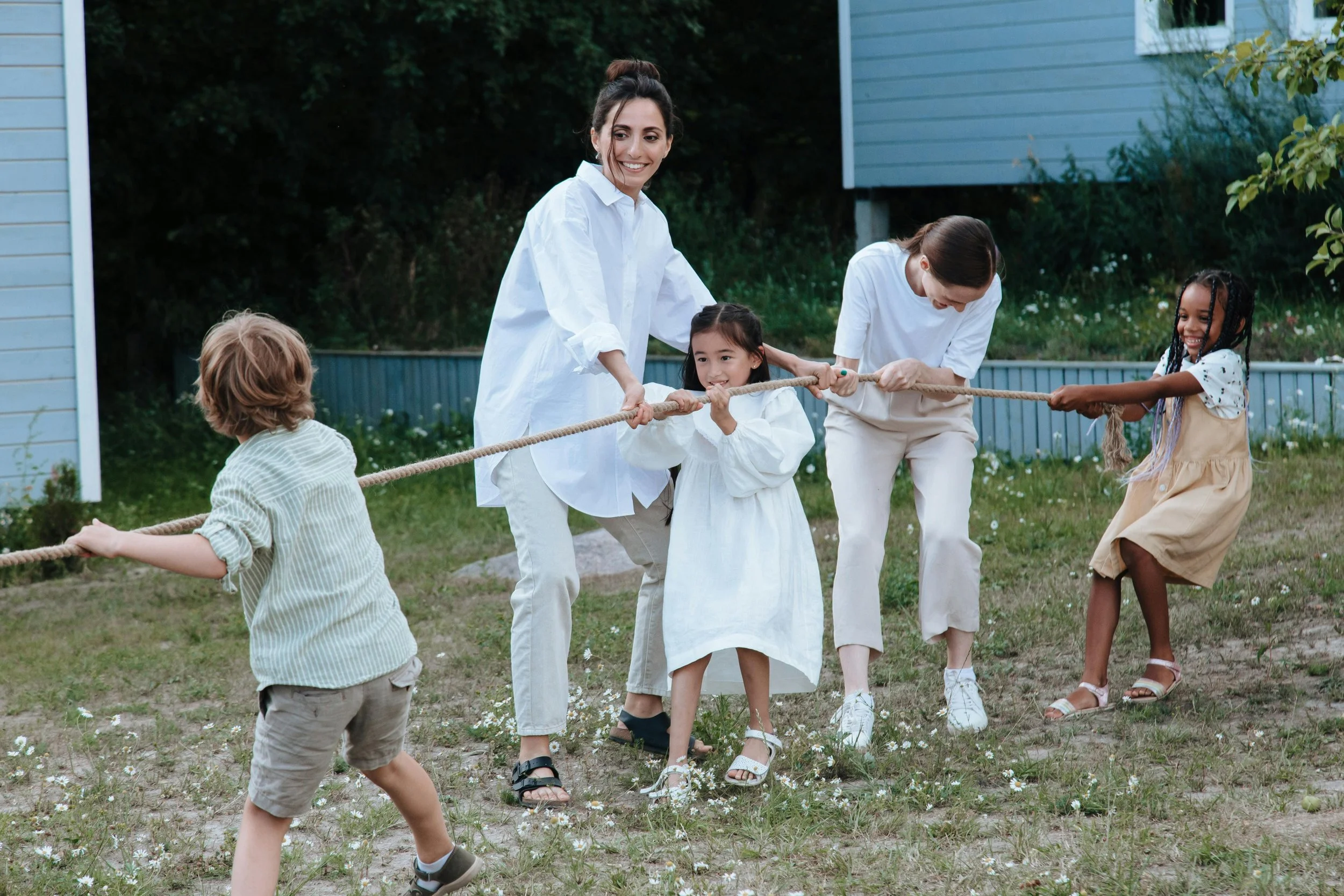Growing up with emotionally immature parents can leave deep, invisible scars which is one of the most common being a pervasive sense of guilt. Children of parents who struggle to regulate their emotions, empathize, or set healthy boundaries often internalize blame for things that are not their fault. Check out our blog “6 Ways to Set Boundaries and Enforce Them.”
From an early age, they may feel responsible for their parent’s moods, happiness, or conflicts, carrying an invisible weight that follows them into adulthood. This guilt is not just occasional, it can become a constant companion, shaping relationships, self-esteem, and decision-making for years to come.
The struggle with excessive guilt in these children is often misunderstood. Outsiders may see them as overly sensitive or self-critical, but in reality, their guilt is a learned survival mechanism. It stems from growing up in an environment where love and approval were conditional, emotional needs were overlooked, and mistakes were magnified. Understanding how this guilt develops is the first step toward breaking the cycle, reclaiming self-worth, and learning to differentiate between responsibility and unnecessary self-blame.


















